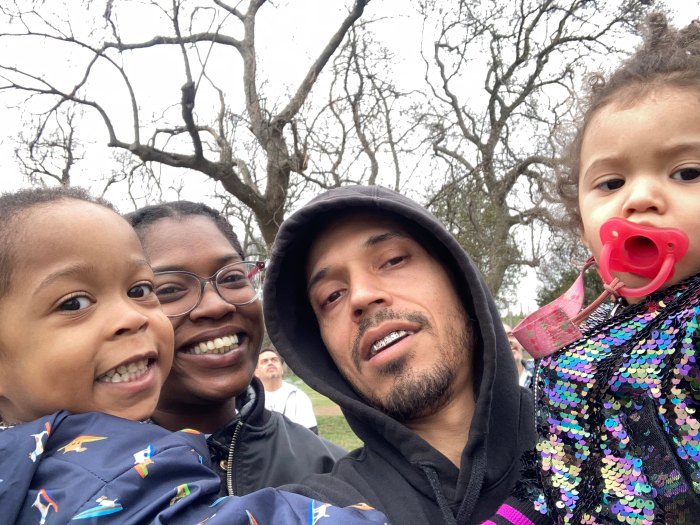You don’t need a panel of distinguished retired feds to tell people what’s wrong with the NYPD’s disciplinary system. It can be explained in one word:
Transparency. Or the NYPD’s lack of it.
Such a panel has been formed, and police sources say it’s the brainchild of Deputy Commissioner for Legal Matters Lawrence Byrne. Although the NYPD had released cops’ disciplinary records since the 1970s, Byrne came up with an interpretation two years ago that those records are protected by state law 50-A.
Then-Commissioner Bill Bratton accepted Byrne’s interpretation. Bratton’s retirement left successor James O’Neill and Mayor Bill de Blasio to deal with the outcry from the media, civil rights organizations and the City Council. The issue is to be decided this fall when the state’s highest court hears a case brought by the New York Civil Liberties Union regarding the NYPD’s refusal to release its trial room decisions by citing 50-A.
Still, the NYPD’s lack of transparency extends beyond 50-A. Take the never-ending case of Officer Daniel Pantaleo, who’s been under federal investigation for four years for the “chokehold” death of Eric Garner in Staten Island. Along with the fatal police shooting of Michael Brown in Ferguson, Missouri, the two incidents are among the first that led to the narrative that police across the country are indiscriminately killing young black men.
The feds took up Pantaleo’s case after a Staten Island grand jury declined to indict him. While the case has lingered, O’Neill has refused to try Pantaleo internally, citing possible federal charges.
Sorry, that doesn’t cut it. There’s precedent for trying him internally while the feds muddle. In 1999, the NYPD tried Officer Frank Livoti internally for the death of Anthony Baez in the Bronx while federal charges were pending. He was dismissed from the force and was later convicted in federal court of violating Baez’s civil rights.
Nor, it should be noted, is the NYPD alone among law enforcement agencies lacking in transparency.
One of the feds on the NYPD panel is Robert Capers, the former U.S. attorney for the Eastern District, which declined to indict Pantaleo on federal civil rights charges.
Perhaps Capers can explain why then-Attorney General Loretta Lynch had the case moved to the Justice Department, where government attorneys revved it up but have yet to announce a decision.

















